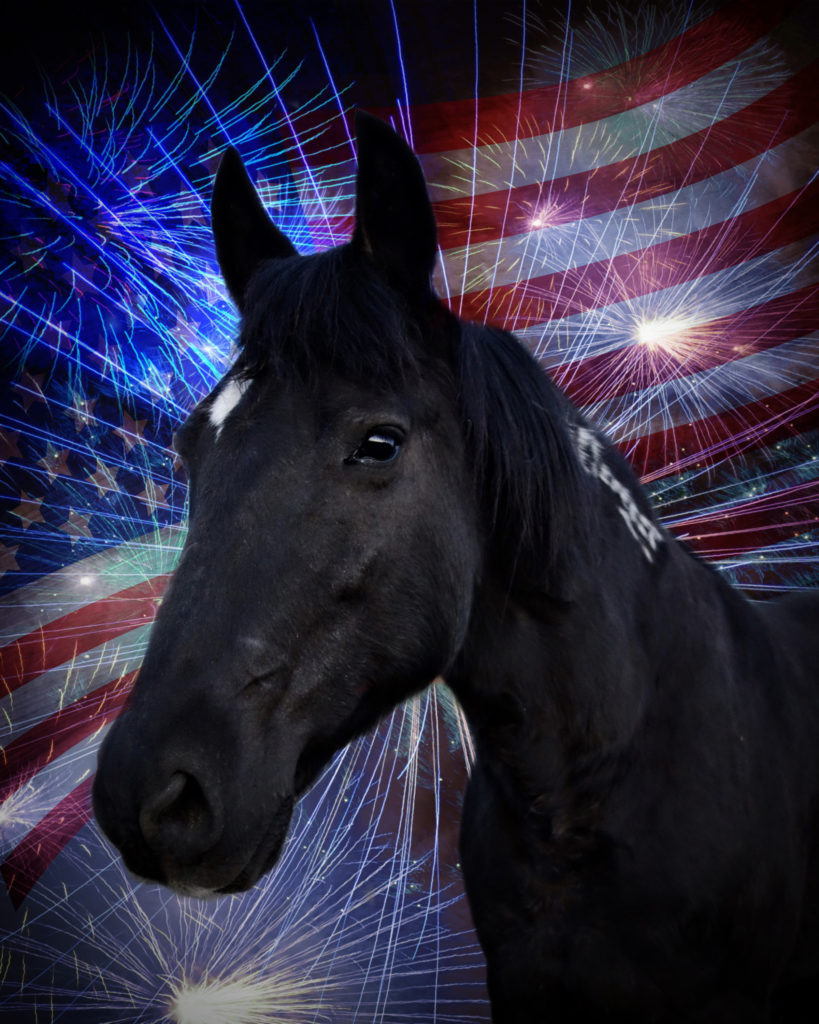On September 5 and 6, the U.S. House of Representatives’ Rules Committee rejected bi-partisan amendments which would have stopped the use of tax dollars to (1) fund horsemeat inspectors and (2) protect wild horses and burros from being killed or sent to slaughter.

It was clear the votes were there on the House floor to have passed these amendments if the Rules Committee had allowed the introduction of these amendments to the FY2018 appropriations budget bill.
While this is a shameful act displaying “dirty politics” at its worst, it is not the end of the issue.
The Senate version of the appropriations budget bill contains language to prevent any funding for horsemeat inspections. However, the Senate has not yet taken up the issue for wild horses.
Our tax dollars should be used to help disaster victims (hurricanes, wildfires), veterans, health care, infrastructure, the opioid crisis and more — NOT to brutally kill America’s wild and domestic horses to please a profit-driven livestock/agriculture industry or oil/gas interests wanting to take over our public lands!
Tens of thousands of horses’ lives depend on us to speak for them today.
Contact your two Senators and House Rep through the U.S. Capitol operator, 202-224-3121. Tell them politely, but firmly, that you oppose the use of tax dollars to slaughter America’s domestic or wild horses. Tell them to support language in the FY2018 appropriations budget which prevents funding for horsemeat inspections and language which does not allow the mass killing or sale to slaughter of wild horses.
There are numerous humane and successful alternatives for domestic and wild horses other than slaughter.
America’s horses are not raised or regulated as a food animal. They are unfit for human consumption. That includes captured wild horses which have received medications or other treatments which contain substances banned for use in food animals (wormer, vaccines, oral or topical medications).
